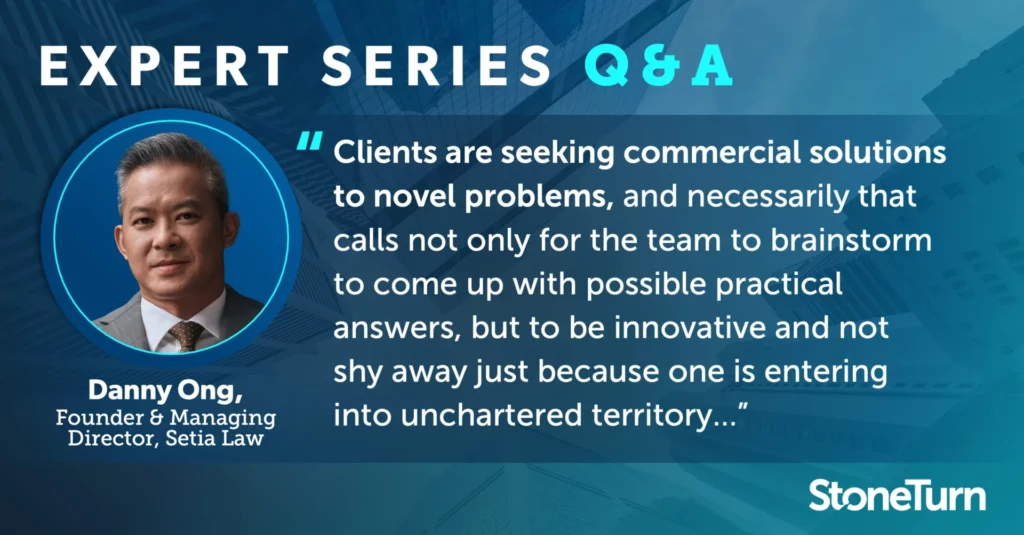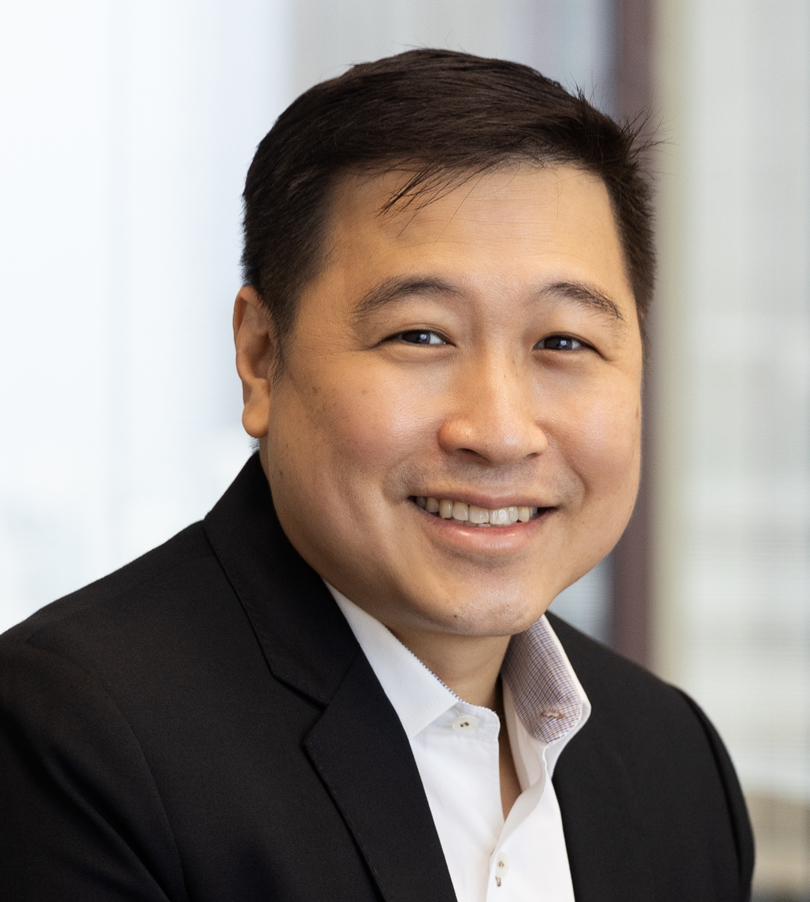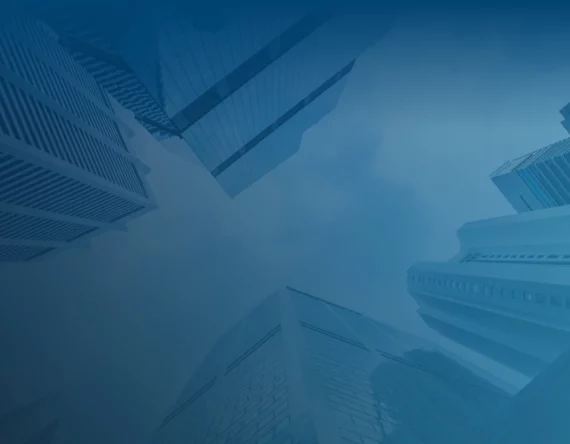How did you get your start in the legal world, what drew you to it?
This is somewhat cliché—it’s always been clear in my mind coming out of high school that I wanted to be a commercial litigation lawyer. Having seen leading litigators in action in the courts, and the passion by which they advocated their cases, I was fascinated with the prospect of a career which would entail constant learning not least because each case is different, and which would open my eyes to the world of global commerce and finance. That even as a young lawyer one would be called upon to piece together missing pieces of a jigsaw for a case, and put on an investigative hat, was also a key motivator.
Are there any challenges that you encountered when moving from a Big4 law firm to being the founder of your own firm, Setia Law, that may be helpful for other entrepreneurs to know about?
Whilst no doubt exhilarating and satisfying, running our own firm does keep my fellow founder, Wern Jhien, and I awake at night, as would no doubt be the case for business owners in any other industry. The key and obvious difference is that over and above overseeing the efficient and effective execution of revenue generating work for our clients, there is the need to get one’s hands dirty and actively manage the operational aspects of the firm without the benefit to large teams of mid- and back-office professionals. I personally see this as adding to self-growth rather than a challenge. Thankfully, we have been privileged to have an excellent non-lawyer team to assist on this front from the get-go. There is of course the added aspect of keeping a very close eye on the financials of the firm and practising serious discipline on this front.
Your clients have paid you many compliments over the years. What characteristics would you say consider you a “standout” in the market?
I am truly grateful to the clients and peers for their kind support and encouragement. Given the depth and breadth of expertise and experience in a market abound with talent, it would be foolish for me to start believing that I’m anywhere close to being a standout in the market. What I do know and am gratified by however is that clients across the globe have continued to keep their faith and confidence in us, and looked to us in times of emerging crisis and distress, with many of our relationships with them going well beyond a decade. I would put this down not only to having the benefit of an excellent team, but to having build trust over the years – trust that we will do the best we can; that we will think out of the box and search for innovative solutions; that we will be in their corner; that we will be forthright and honest in our views; and that we will seek to apply a commercial lens to the challenges faced.
Your reputation in the market surrounds your success in tackling unique and challenging issues– can you give us an example?
The starting point from my personal perspective is to recognise that clients are seeking commercial solutions to novel problems, and necessarily that calls not only for the team to brainstorm to come up with possible practical answers, but to be innovative and not shy away just because one is entering into unchartered territory or is dealing with a legal issue for which there is no precedent. Whilst there are many good examples, those in the blockchain and cryptocurrency space would perhaps best illustrate this. Without legal precedents and dealing with new technology, many of the cases that we led in this space have called for us to go back to basics to develop and advocate legal propositions to tackle the problem at hand, be it in pursuing global recovery of proceeds of fraud, or restructuring of a blockchain tech business.
Cryptocurrency is a hot topic right now – what are some of the trends you’re seeing and how is that impacting your day to day with clients?
The sector is obviously going through a massive transition now, with credible institutional players becoming significant market participants and regulators across major global financial centres seeking to roll out frameworks to regulate the industry. This transition towards the sector becoming more sophisticated, mature, and mainstream, has been more than welcomed by the clients that we work with, who see this as a boon. It has certainly increased opportunities for them, for example, to tap on traditional capital markets and private equity for fund raising, whilst distinguishing the serious players focused on use case from the rest.
For young professionals, business development can sometimes be daunting, what is your go to move to make meeting new people less intimidating?
It doesn’t come naturally to most of us unfortunately, and one would have to test and see what works best for them. From my own personal experience, it’s critical to be sincere and humble. Don’t take yourself too seriously and be overly focused on talking about work, be even self-deprecating, keep a listening ear and take a sincere interest in getting to know the person across from you.
As the Managing Director of Setia what is one of the biggest differences you’ve noticed in how you balance client needs, firm needs, and your life outside of work?
Since embarking on this journey in April 2023, it certainly has been much, much more of a juggling act than before. There is a real risk of overly immersing oneself in the business, and burning out, and consequently, the need to always be conscious of the need to prioritise the family and personal well-being. It’s seriously challenging and I continue to strive every day to achieve the ideal balance.
What are some of the emerging areas you’re most excited about as we head into 2024?
The emergence of artificial intelligence (AI) in the real world beyond ChatGPT! On the personal front, I’m looking forward to seeing how lives of the less fortunate may be improved, whilst on the professional front, solving novel legal issues in this space.







